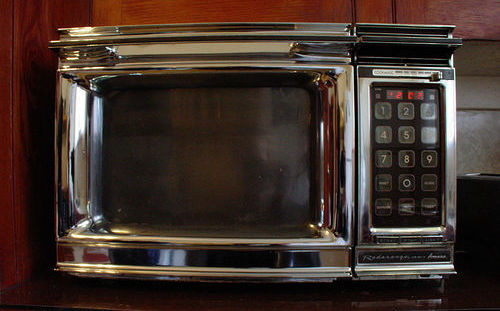“Kelechi! Kelechi! Go outside and check that generator,” Kelechi’s father calls out to him, from the sitting room. Kelechi considers feigning deep sleep. But he remembers the last time he tried it and decides against testing his father’s patience and getting whacked by the man’s fat, rough palm again.
Kelechi gets out of bed, picks up a rechargeable lamp and takes the long walk from his room, down the stairs, past his father in the sitting room and out into the dark. The generator is still running, but there is no power supply. He crouches to look at it, trying to decipher what exactly the problem is. But he isn’t able to. He’ll have to call Ibrahim, the generator guy.
Ibrahim arrives and tries to work out the problem too but he can’t guess this time. So, as he has done many times before, he picks a random part of the generator and declares it is where the problem is coming from. The family goes on to spend lots of money on the generator, with Ibrahim smiling to the bank each time, knowing he’s ripping them off.
Can you relate to this story? My guess is yes, especially if you are a Nigerian living in Nigeria. Many times our electrical appliances develop faults and because we are not electrical engineering experts, we have little to no idea what is going wrong. What’s worse is the repairmen sometimes have no idea also of what the problem is.
So we are left to guesstimations, or replacing the appliances.
But what if there was a device that could help us overcome this problem?
Introducing the fault detector.
The fault detector will be a device that scans three-dimensional objects and immediately recognizes problems with their setting or make up and suggests solutions. The device will already be preloaded with complete details of the said objects and what their perfect condition ought to be like. So whenever there is a problem, and you scan the object, the fault detector will juxtapose the present state with the ideal state and identify the problem.
The device, which will come in form of a handheld scanner, will be run over the externals of the object. Using lasers and infrared technology, the device will penetrate and read objects beyond what is seen.
The amount of things such a device can be useful for would be endless. It could help identify faults in car and airplane engines quickly. All the data required to test airplanes to see whether or not they are fit for flying could be fed into this device. What’s more, the size could vary to match the type of device being scanned for faults.
Of course this product idea is not fully formed yet. But if only it were existing already, we would be able to identify the fault with our stars microwave oven at the office. Our microwave is faulty and I almost cry every time I realize no one knows what is wrong with it, yet.





















